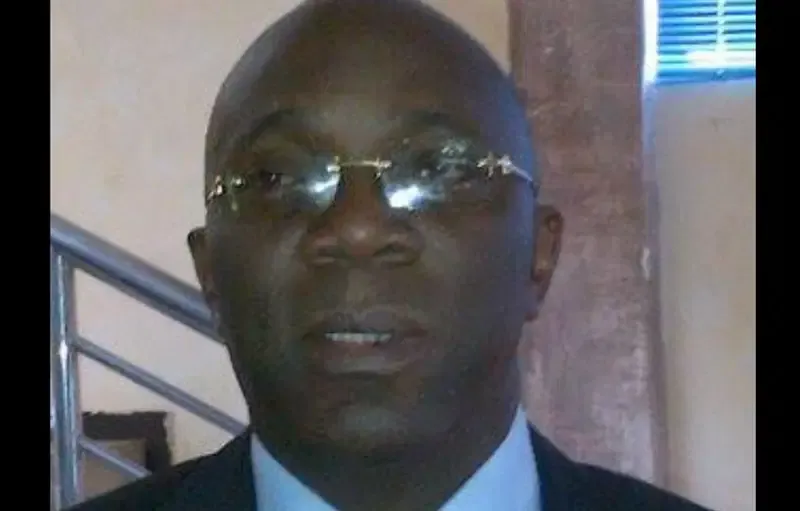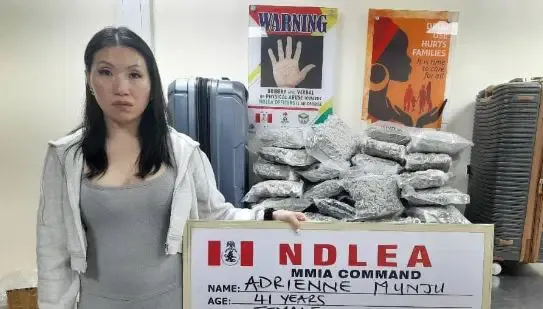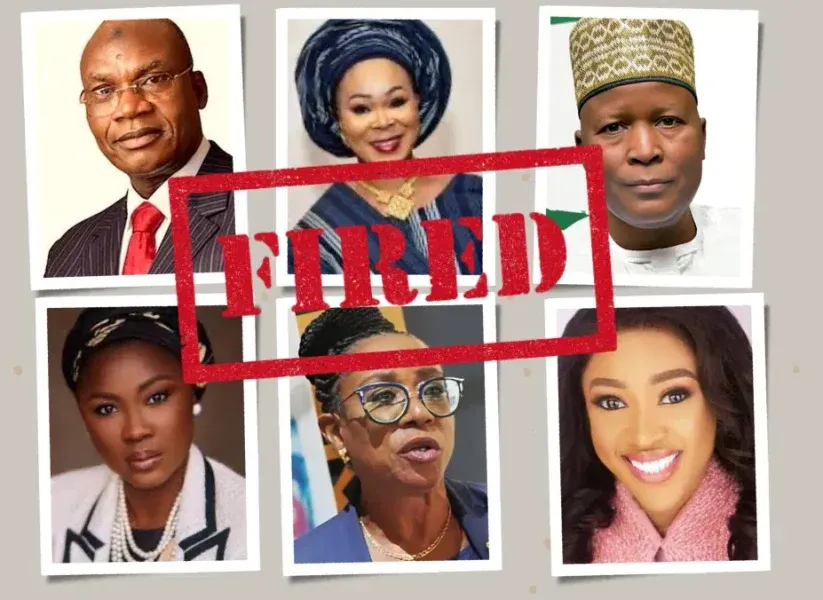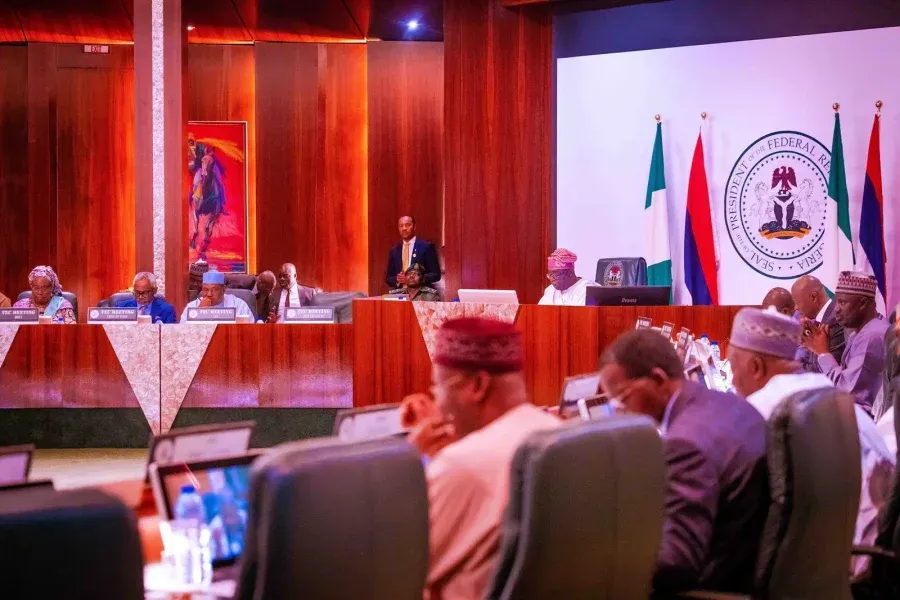As Nigeria marked World Mental Health Day, the federal government faced renewed calls to improve psychiatric and mental health services, focusing on cultural acceptance, accessibility, and affordability. Dr. Bunmi Omoseyindemi, a healthcare consultant and former chairman of the Lagos State Traditional Medicine Board, advocated for incorporating traditional healing practices into the healthcare system to address these issues.
Speaking at the Mindsplace World Mental Health Day Awakening Summit in Lagos, themed “Awakening Minds: Access, Awareness, Action,” Omoseyindemi emphasized the need for a policy framework to integrate traditional healers into mental health services. He argued that this approach would make mental health care more accessible and affordable by leveraging the skills of traditional medicine practitioners.
“There is need for policy direction on the need for establishing an improved system of psychiatry and mental health services in our hospitals that will drive cultural acceptability, accessibility, affordability through a holistic approach,” Omoseyindemi stated. He noted that a collaborative model involving traditional healers would promote a culturally competent mental health care system across various health settings.
Omoseyindemi also highlighted the importance of enhanced research and documentation of traditional mental health management practices, calling for “continuous and adequate training programmes for traditional healers” and collaborative initiatives with Western-trained medical practitioners. He suggested that such efforts would facilitate the development of standardized guidelines for mental health care, built on “mutual trust and respect.”
Addressing societal factors, Omoseyindemi linked the rise in mental health conditions in Nigeria to changing cultural and social dynamics. He criticized the current approach, which often adopts Western perspectives on mental health while neglecting local cultural contexts. “One of the major challenges in treating mental illness in Nigeria is that the facilities and mental health professionals are not enough, and neglecting the role of traditional and cultural medicine is not giving enough attention towards mental health,” he said.
Omoseyindemi pointed out that with only 300 psychiatrists and fewer than 10,000 other mental health workers in the country, a more comprehensive approach that includes traditional practices could help fill critical gaps in mental health care.
By addressing these areas, he argued, Nigeria could establish a culturally sensitive mental health care system that better meets the needs of its population.





